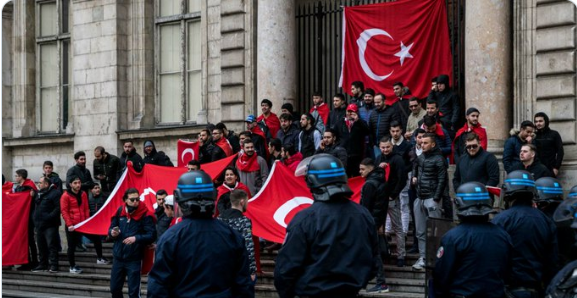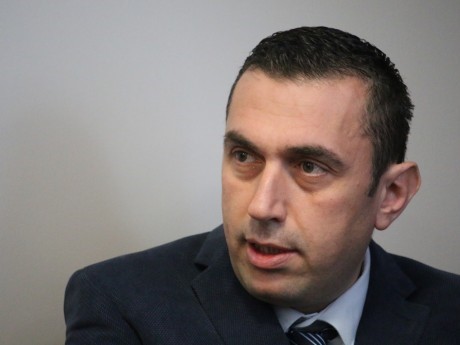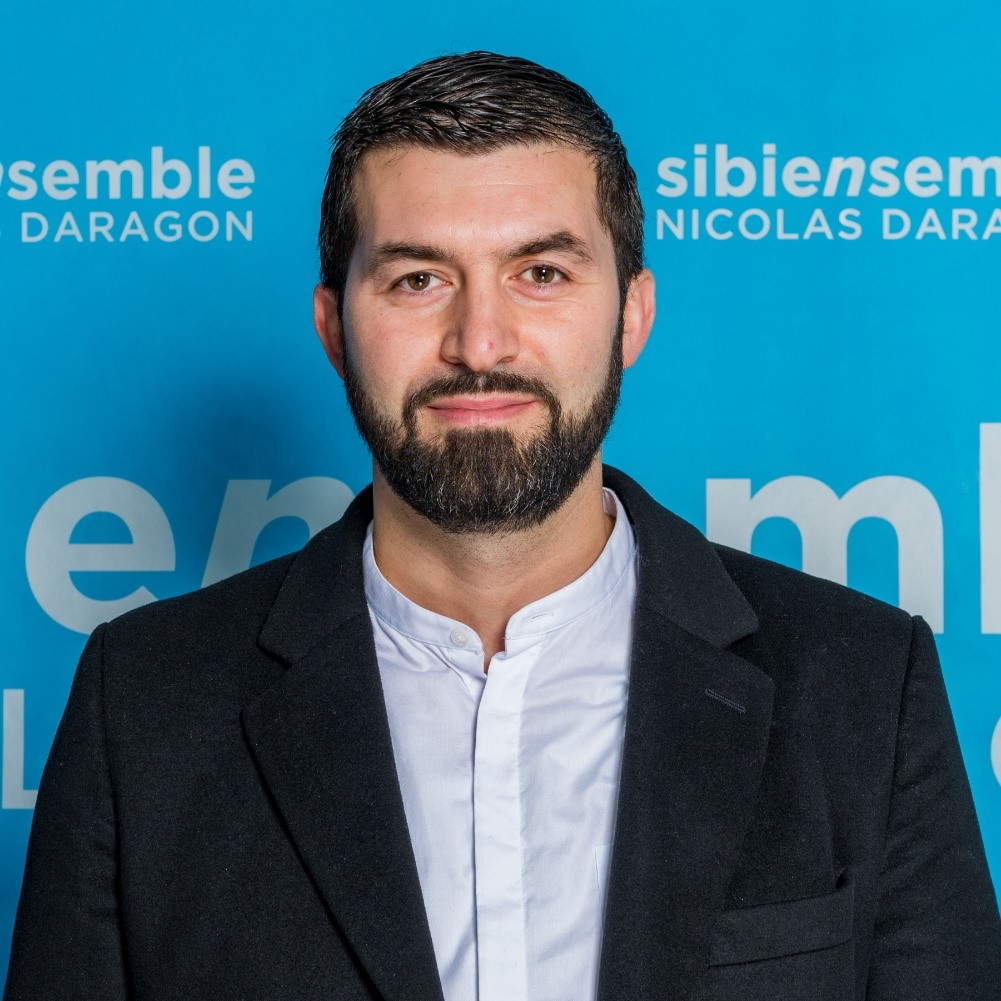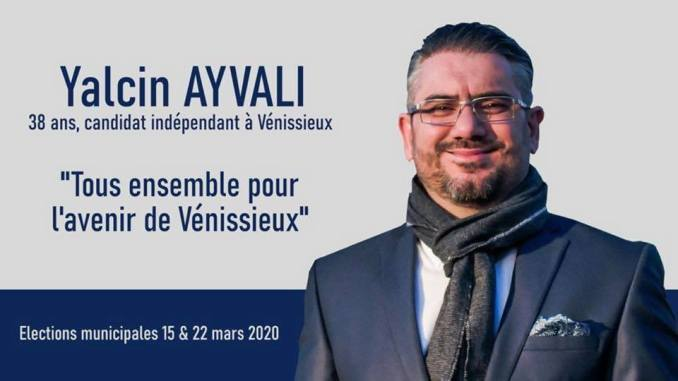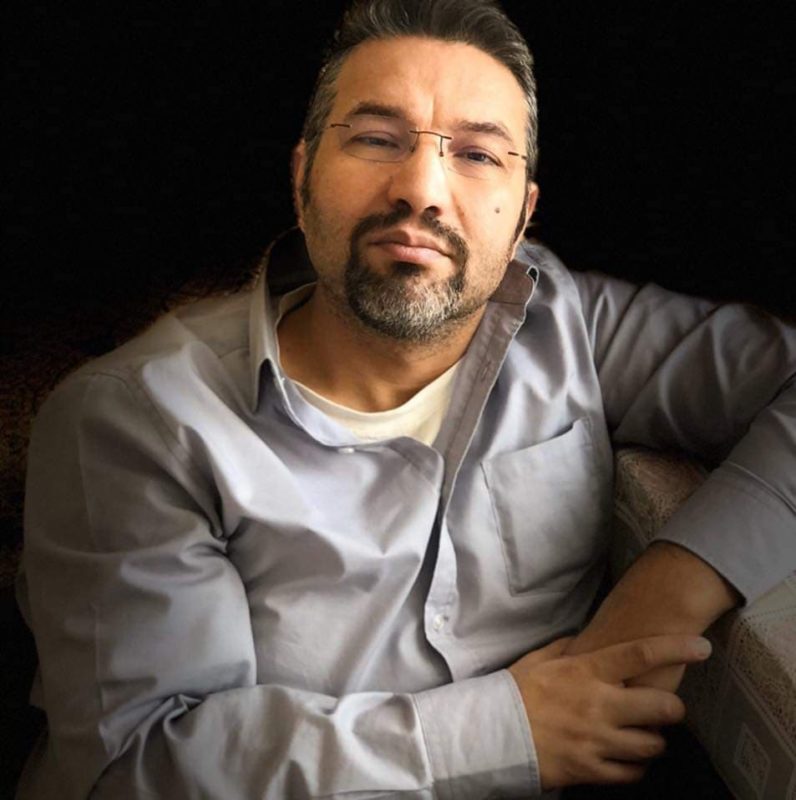By Dikran Yegavian
Special to the Mirror-Spectator
LYON – After having being postponed for three months, the second stage of municipal elections in France took place on June 28, leaving a record of Armenian absenteeism. Though a candidate of Armenian descent, Jeanne Barseghian, won in the municipality of Strasbourg, these elections are marked overall by the decline of Armenian forces and the growing influence of French-Turkish candidates.
The first round of municipal elections took place during an unsettling climate on the eve of a pandemic lockdown. The scheduling and implementation of the second round was not just a welcomed sign of the resumption of the democratic process, but equally salient, a return to some form of normalcy in our lives. While this is an overall positive step for French civic life, for some citizens, their pre-lockdown political concerns have festered and now threaten to derail the causes for which they fight. I speak of course of the French-Armenian community and its struggle to ward off the continued encroachment of the Turkish and Azerbaijani governments on civic life in France through their well-financed and increasingly organized emissaries in local French communities.
A conspicuous example of Turkish and Azeri interests operating on French soil is the relationship cultivated between Rachida Dati, a first time challenger of Anne Hidalgo, the current mayor of Paris. For many years, she has been lobbying on behalf of Azerbaijan and has become a reliable propagandist of Azeri and Turkish interests in France
While the French-Armenian community is undoubtedly proud of its decades-long achievements in France, particularly of the French government’s official commemoration of the Armenian Genocide in 2019, those same accomplishments are on a tenuous footing these days. Resting on our laurels provides an opening for the political strategy of the Azerbaijani and Turkish governments to undermine our work and places us in a politically precarious position with elected officials in France.



